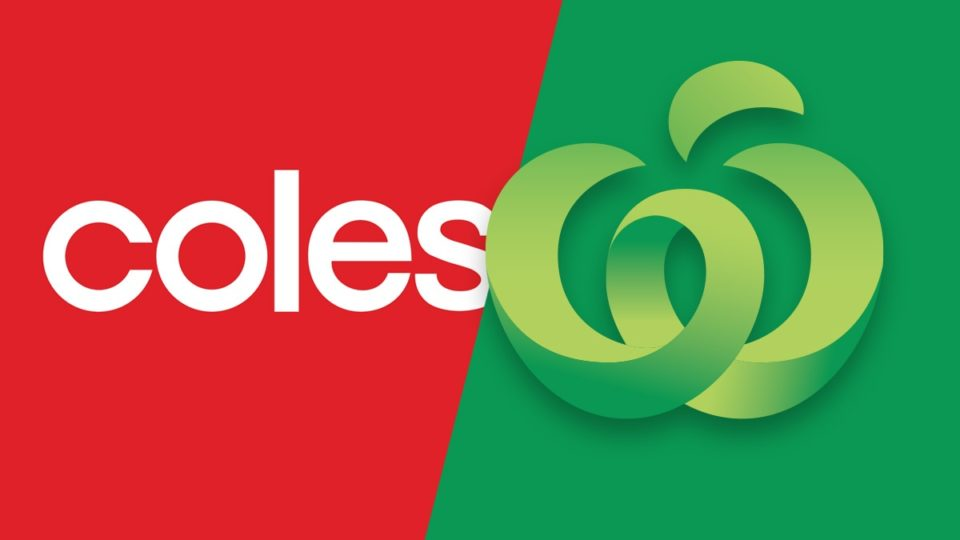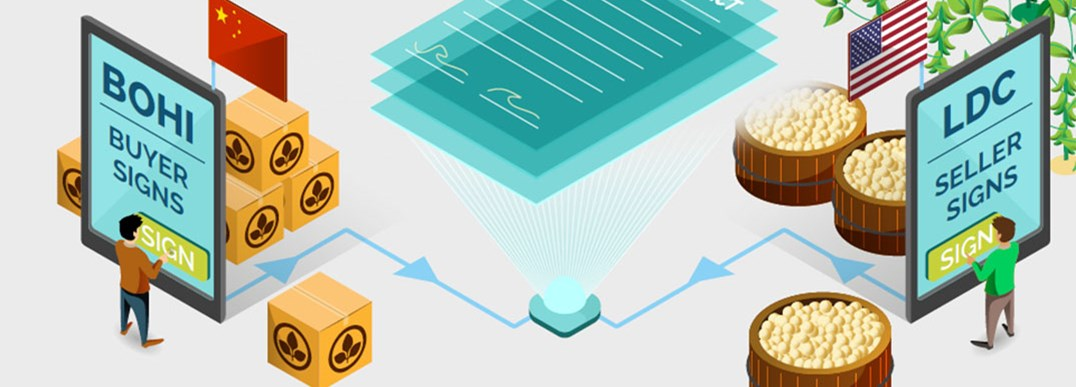The future of how we shop for and source our food may look very different in the not too distant future. For many years in Australia, two supermarket giants reigned supreme — supplying over 60% of our fresh fruit and vegetables.
However, as today’s consumers become more educated and invested in where their food comes from, ‘supermarkets are being abandoned in droves’ (The Guardian), and traditional markets, small shops, farmers markets, box schemes, bread clubs, and online enterprises are growing in popularity. Clean labels and organic, all natural products are the new gold standard for food production, encouraging transparency and traceability — not just in products, but throughout the supply chain.
The ABARES (Australian Bureau of Agricultural and Resource Economics and Sciences) Outlook Conference held in Canberra in March 2018 focused on the future of the nation’s food consumption. Speaking at the conference, Ian Proudfoot, KPMG’s Global Head of Agribusiness discussed how people would increasingly revert to individual food suppliers. ‘We’ll go back to the future where people will buy from a greengrocer, a baker, fishmongers, and butcher,’ Mr. Proudfoot told The Australian. ‘The difference is this time, is technology, which is impacting not only how consumers shop for food, but how they obtain information about the its provenance and origin.’
In 1975, Woolworths held just 16% of the consumer shopping market, with Coles coming in at 18%. ‘Other players’ made up the rest, with 67% of the market. Instead of a ‘one-stop shop,’ consumers sourced their food from different suppliers and producers. They developed relationships with their local butcher, baker, and fishmonger, who shared their knowledge about where their produce came from.
In the early 90’s, with consumer demand for convenience on the rise, supermarkets began gaining traction. Societal changes meant shoppers were more time poor and were looking for a solution. Compounded with this was the explosion of pre-packaged foods and convenience meals. Mass produced food had another benefit — it was affordable. Business boomed, and by 2005, Woolworths had over 42% market share, Coles had 32% and, the local suppliers had dropped down to just 26%.

Supermarkets have significant influence over the entire food supply chain, from the products available on shelf, all the way down to the type of seed a grower uses in crops. This concentration of the food supply chain has shifted the power from small growers and local markets to large producers.
And while consumers enjoy the benefits of lower prices, improved access to, and freshness of food, it’s not all positive. Some feel this system has narrowed consumer choice, increased environmental issues due to the industrialisation of agriculture, and has made our food supply chains vulnerable to climate shocks such as flood and fire as a result.
While supermarkets still dominate the consumer’s perspective on their food supply, increased awareness and education around how food is grown, processed and distributed has led to a shift in consumer demand. The considerations of convenience and price have broadened to include social, ethical and health concerns. This includes issues such as animal welfare, genetic modification (GM), organic foods, food safety, and fair trade.
Connecting the Consumer back to the Grower
With consumer demand for information around food continuing to grow, connecting farmers and consumers is becoming increasingly important. And to do this, technology is critical. Internet of Things (IoT), artificial intelligence and blockchain technologies are enabling farmers to collect and disseminate data about their farming methods and their food products down the supply chain, giving consumers unprecedented transparency and traceability on the food they are about to purchase, effectively replacing the traditional butcher and baker from years gone by. For farmers, these digital connections are allowing them to reach premium markets for their goods by proving out claims around their products, like being organic or a premium quality or variety.
Consumers still demand convenience, yet the rise of e-commerce, apps, and even electronic personal assistants (such as Alexa, Google Home, etc.), means they’re not limited to supermarkets. Instead, they can pick and choose items from different specialty stores, and have them delivered right to their door. History is repeating itself, with a twist.

Trust and Transparency; Technology as a Solution
Blockchain technology offers a way to bring transparency and trust to our food supply chains. With the ability for participants to verify and audit transactions at very little expense, blockchain holds the potential to strengthen consumer confidence in the global food system. Internet of Things (IoT) devices, sensors and integrations play a critical role in the overall digital infrastructure by providing validation of data at specific points , allowing users to monitor the physical asset and key indicators such as quality, safety and contaminants.
We are beginning to see more and more ways blockchain technology can provide real-world solutions to issues such as food safety, payment security, and traceability through the supply chain. A recent collaboration between Walmart, Tsinghua University in Beijing and IBM investigated the use of blockchain to generate transparency and efficiency in supply chain record keeping, helping enhance the safety of food. The pilot tested the use of blockchain technology to trace food items, including pork in China and mangoes in the US, as it moved through the supply chain to store shelves. Using blockchain based solutions, the time it took to trace provenance went from weeks and days to just seconds.
In the pasta aisle, producer Barilla, in collaboration with Cisco Systems, is now equipping their products with a ‘digital passport’ to give their consumers full visibility of Barilla products. By scanning the code, customers can learn about the field where the durum wheat was grown, the plant in which it was processed and packaged, and the journey the product took to get to the supermarket shelf. Barilla’s new system aims to fight fraud and counterfeit products, which are currently estimated to represent as much as 10% of the total grocery market.

Bext360 uses artificial intelligence (AI) and blockchain to collect, verify and track data of single origin fair-trade coffee beans from the Point of Origin communities all the way to the consumer. Bext360 machines provide quality analysis of commodities, electronic payments and allows the end consumer to interact directly with the communities that provide the coffee beans. This not only provides a transparent system of trustworthiness but encourages farmers to grow better quality produce.
Digital supply chain solutions not only improve transactional security for manufacturers, logistics operators, retailers and consumers, they enable end to end supply chain connectivity linking farmers themselves with the final consumer, improving awareness of environmental effects on food production standards and purchasing decisions.
AgriDigital is continuing our work to develop a commercialised blockchain protocol for agri-supply chains. Our vision is to enable simplified and streamlined supply chains that facilitate innovative supply chain products and provide transparency for all participants.
Since its inception, AgriDigital has worked on a number of blockchain pilots and proofs of concept. We view these as integral components of developing a successful solution, and enable us to trial, test and refine before launching to the market. Our recent projects are outlined below:
1. In 2016, we successfully executed the first live settlement globally of a physical commodity on a blockchain between a farmer and a buyer.
2. In 2017, in partnership with CBH Group, Australia’s largest grain exporter, we completed a pilot that focused on matching title transfer of a grain asset to payment, as well as supply chain provenance and traceability of organic oats.
3. Later that year, we teamed up with the world’s leading agricultural bank, Rabobank to execute a structured inventory product via the blockchain, which was the first project of its kind globally.